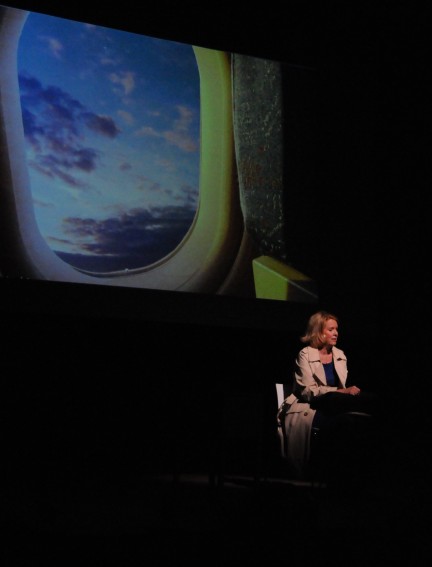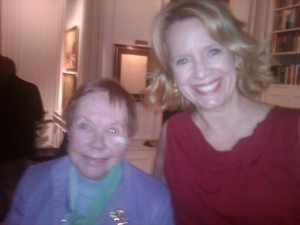Lean In, Lean Back or Stand Tall?
Yesterday I was surprised to see a feature about women’s ‘real’ feelings about work on the front page of The New York Times.
Surprised because the front page naturally favors breaking news or lately, daily worldwide unrest. And surprised because instead of the usual fawning over female Celeb CEO’s like Sheryl Sandberg or Marissa Mayer, this story by Catherine Rampell followed Sara Uttech from Falls River, Wisconsin, who simply wanted to be successful enough so that she could be a wife, a mom, a professional communicator and a woman she was happy to meet in the mirror.
Turns out Sara had ‘made it’ but had made the choice to ask for a flexible schedule. By working every possible angle and hour, she managed not to miss any of the six ballgames her three kids play every week, no mean feat. Now, Sara is lucky. She has a supportive husband, a job that requires little travel, plus she has a responsive manager and her firm is run by a woman with an open mind. Having no kids myself, the boss’s story also touched me, since she acknowledged that despite being childless, her own personal life deserved flex time too. No matter how keenly felt by moms, flexibility isn’t only a mother’s issue, it’s a human one. But we can be our own worst enemies.
According to the Families and Work Institute, only 37% of women and 44% of men actually want a job with more responsibility and yet, we can’t stop leaning in till it kills us. As I travel to speak, I still find women resisting the idea of downshifting, not because of financial limitations but for ego.
Some of the linked-in women’s career groups frankly scare me. In a recent posted question, “Is it okay to be happy where you’re at?” (I still can’t get over the careerist dangling her “at”, but… ), most of the commenting women declared they will never be satisfied until they get the next bigger job. When did “happy” become a synonym for surrender? At a recent speech, I described my own reinvention of a more livable work/life, and one woman raised her hand and asked, “Wait…are you saying the only difference between your busy life then and now, is that now you’re happy?” Well, yeah. That would be the difference. Isn’t it time that we stop defining fulfillment only in the elusive corner office (been there, my friends…it isn’t that pretty) or flex-time as tantamount to opting out, and that we find that center place where we stand tall and seek ‘enough’ space to live happily ever after? Wouldn’t we love to be in that front-page story?
share the love:
















